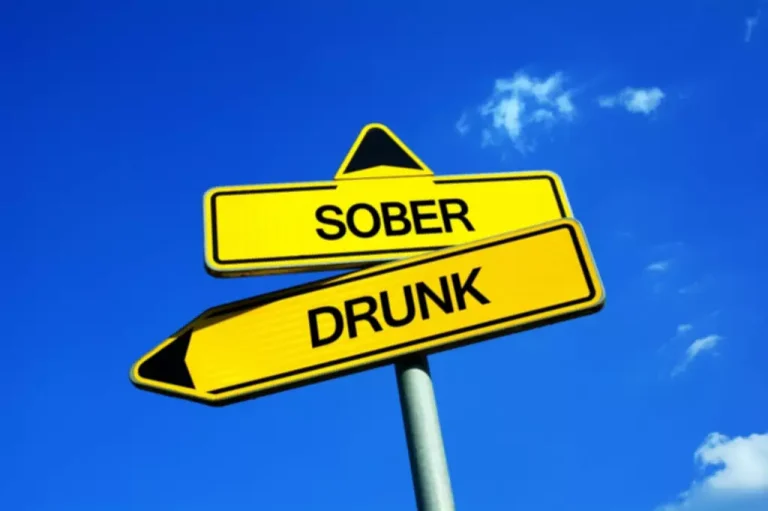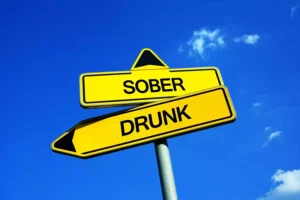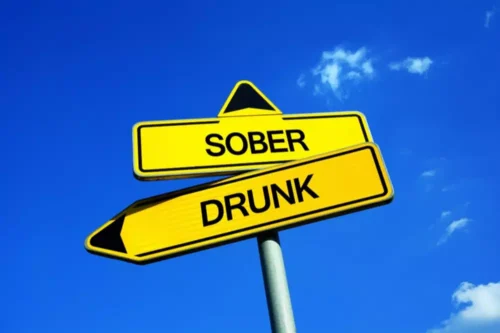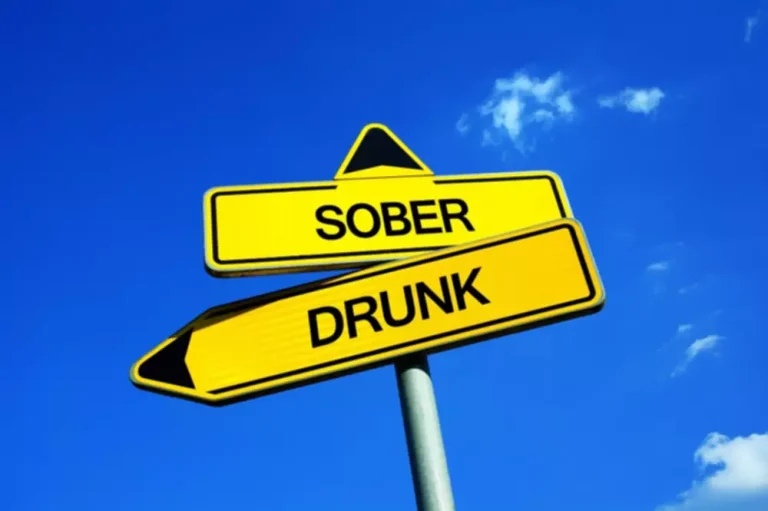
People with Alzheimer’s disease or other types of dementia should not take diphenhydramine because it can make symptoms of dementia worse. In fact, nutrition has a significant impact on quality of sleep and daytime alertness. Eating too little protein can impact sleep quality, and eating too much can result in difficulty staying asleep. Many people turn to alcohol to cope with difficult feelings, but alcohol may end up having the opposite effect if it interferes with sleep.
- Eating grapefruit can interact with certain statin cholesterol medications, like Zocor.
- People who abuse alcohol long-term don’t seem to display the deep recovery sleep that most people show after sleep deprivation, suggesting that the homeostatic drive is no longer functioning as it should.
- When you consume alcohol before bed, your body metabolizes the alcohol throughout the night.
- The identification of an SCN-independent methamphetamine-induced pacemaker raises another intriguing possibility.
Relationships Between Nocturnal Sleep, Daytime Alertness, and Alcohol-Consumption History

While one study found no difference between alcohol users and controls at 25 days abstinent 183, other studies found that SWS had improved at 3 months, and normalized at 9 months of abstinence 196. In contrast, other studies have reported persistent deficits 69 or a trend toward deficits 2 after as long as 1–2 years of abstinence, with complete recovery occurring only after 1–4 years of abstinence 199. Although a number of previous reviews have stated that chronic substance use is accompanied by circadian disturbance, empirical evidence of effects on human circadian rhythms other than the sleep/wake cycle is sparse. The limited available evidence suggests that circadian disruption is present in some portion of chronic users that parallels, and is perhaps contributing to, any present sleep disturbance.
Alcohol and sleep I: effects on normal sleep
Furthermore, the alcohol generally was administered 30 to 60 minutes before sleep, thus allowing for alcohol concentrations to peak before bedtime. In other studies that also were conducted during the descending BAC phase, alcohol reduced sleep latency, as measured by a standard MSLT, and impaired both attention and reaction-time performance in a dose-dependent manner. These impairing effects persisted for at least 2 hours after the alcohol had been completely metabolized as evidenced by BrACs of 0 (Roehrs and Roth 1998).
Study Explores How Intermittent Fasting Could Help Addiction Treatment

Furthermore, impulsivity could play an exacerbating role in both positive and negative reinforcement pathways. The bi-color shading of insufficient sleep is intended to indicate that it may influence risk via both positive and negative reinforcement pathways. We put forth a conceptual model (see Figure 1) that integrates existing literature with future directions to further our understanding of how sleep and circadian disturbances increase risk for alcohol problems.
Health effects
- It may also contribute to nagging heartburn in some people, or be flavored with sugars that disrupt rest too.
- Furthermore, a burgeoning research base supports a role for the circadian system in regulating reward processing, indicating that circadian mechanisms may be directly linked to substance abuse independently of sleep pathways.
- In sleep deprivation studies, however, elderly participants show increases in SWS on the recovery night after the sleep-deprivation period; possibly alcohol could similarly promote SWS in elderly people.
- Thus, stimulatory effects are evident primarily at low-to-moderate alcohol doses and when BACs ascend to a peak.
- The movement between NREM and REM sleep involves a complex interaction betweenREM-on and REM-off neuronal groups in the brainstem.
People with alcohol in their systems are also generally harder to wake, which means that they’re less likely to experience “arousals” that help them recover from OSA- and CSA-related pauses in breathing.
Public Health
- Some investigators have separately analyzed alcohol’s effects during the first and second half of the nighttime sleep period.
- Alcohol’s effects on central nervous system (CNS) function are mediated by its effects on various brain chemicals (i.e., neurotransmitters and neuromodulators) that are responsible for the transmission of nerve signals from one nerve cell (i.e., neuron) to the next.
- Methamphetamine use could lead to a conflict between the methamphetamine-specific pacemaker and the central pacemaker in the SCN, resulting in a conflict between both the external behaviors and internal processes respectively regulated by these two pacemakers.
- For instance, while some studies report that REM latency is decreased during the second week of abstinence 69, 106, as well as up to two years later 69, other studies do not report differences in REM latency 26, 32 (Table 2).
- It is, therefore,plausible, that alcohol could influence this REM-off process through its effects on GABA,leading to the suppression of REM sleep in the short-term.
Thus, it appears unlikely that the alcohol-related suppression of REM sleep is mediated by alcohol’s effects on the acetylcholine system. Alcohol’s effects on central nervous system (CNS) function does alcohol help you sleep are mediated by its effects on various brain chemicals (i.e., neurotransmitters and neuromodulators) that are responsible for the transmission of nerve signals from one nerve cell (i.e., neuron) to the next. These neurotransmitters are released by the signal-emitting neuron and generally exert their actions by interacting with certain molecules (i.e., receptors) located on the surface of the signal-receiving neuron.

Even in moderate amounts, alcohol consumed in the hours before bedtime can cost you sleep and leave you feeling tired the next day. Based on data from roughly 160,000 Sleep Foundation profiles, nearly 90% of respondents who regularly consume alcohol in the evening have reported at least one sleep-related problem. This provides enough room to enjoy an after-work cocktail with friends, indulge in a glass of wine at your favorite restaurant, and crack open a beer after a weekend’s worth of chores around the house—all without interfering with healthy sleep and circadian rhythms. The evidence to date suggests that subjective and objective sleep continuity variables (insomnia) are robust predictors of relapse during recovery from alcohol dependence. On the other hand, the relationship between relapse and sleep architecture variables remains to be fully elucidated.
